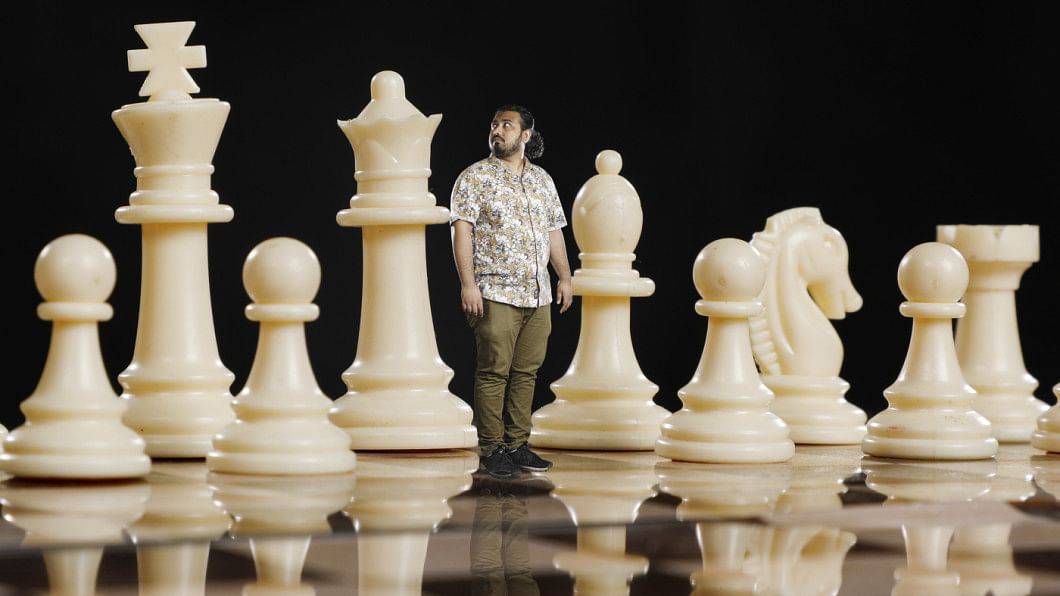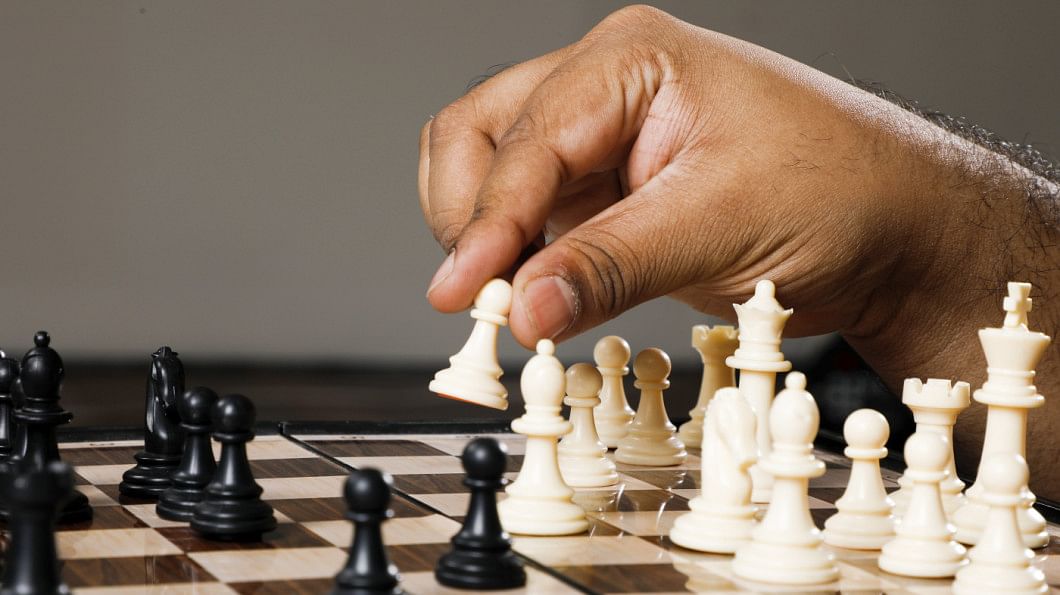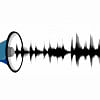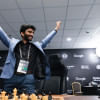Getting started with competitive chess

Chess is a sport that's been fairly popular within the country for a long time now, with a player base almost as widespread as the demographics of the nation's population. Despite the country not boasting much impact in the realm of competitive chess, there is a small, albeit a dedicated, following. However, it pales in comparison to recreational chess. And that's simply because of how exigent and adverse it can be for an amateur trying to enter the discipline.
There are a number of factors behind why that is the case but fortunately, almost all but a couple of them can be smoothed over with effective information and forethought.
But before proceeding any further on that topic, it should be stated that a universal expectation for anyone pursuing chess professionally or even semi-professionally is that they hold an earnest admiration and appreciation for the sport. That will be the fuel, or at least part of the fuel, that's necessary for improving and advancing as a player. Without it, competitive chess will just remain a pipe-dream.
Now, in the case of someone who does have that degree of interest and dedication towards the sport, the obvious overall goal is learning. But, that's exactly where the aforementioned adversity and exigency comes into play. Competitive chess is a sport that has an extensive history with layers upon layers of tried and true data that's been coalesced into what the field consists of in the modern day.
To put the magnitude of that into perspective, Mahmuda Hoque Chowdhury, FIDE Woman Candidate Master and current Managing Director at Elegant International Chess Academy, says, "Trying to learn all the strategies and tactics of chess in a formal way would take a timespan of roughly 150 years. And if you are learning from supplementary material like chess videos on the internet, there are thousands of them at any given time. Trying to navigate that is like trying to navigate a jungle and it is beyond easy to 'get lost'. The best way to circumvent this situation is to find a mentor who can guide you to what you need to learn and do."
This mentorship can be sourced from a more experienced chess player, an instructor or even a general mishmash of advice and information gathered from different places. The main point is that there needs to be clear guidelines to follow in order to effectively navigate the mountain of data available and use it to its full potential for improving as a player.

In the case of there not being a mentorship, there are some technical pointers that are useful at any instance. The first of those pointers would be to learn the notation of the chess board as early as possible, since pretty much all learning material found on chess uses the notation system for showing strategies and moves played. Trying to study tactics without knowing the notation system would be like trying to learn mathematics without knowing the numbers.
The second pointer would be to use chess applications and websites like Chess.com and Lichess as part of the learning process, as they aggregate available information on chess into one place. That makes them infinitely helpful if used appropriately.
In that regard, Nawshad Uddin, captain of the champion team of 'Marks Active School Chess Champs' and student at St. Joseph Higher Secondary School, says, "It would not have been possible to improve as a player without all the applications and videos available on the Internet. Practising chess puzzles, studying strategies, and playing chess matches helped enormously in getting to where I am now."
For a current player, these are basically indispensable support tools. But completely relying on these tools, specifically playing chess online most of the time instead of using a real chess board, can often backfire.
In Mahmuda Hoque Chowdhury's words, "Players that play online often struggle while playing over the board in real life. They have trouble analysing the game and making decisions, resulting in more blunders and worse performance. So, it's better to play chess matches over the board while practising."
The third pointer would be to play chess a lot. Now, that might seem exceedingly obvious but there's nuance to it. To improve as a player, one has to play chess analytically and methodically. Playing the game with the goal of learning rather than winning will be a major factor in improving as a player, because the more games played, the more strategies experienced, recognised, remembered and learned. In that regard, any strategies and tactics learnt should be subsequently used as soon as possible. It not only helps in memorising them, it also accelerates the evolution of the player's style of conduct.
The final pointer would be to remember that everything is part of the improvement process. An amateur player delving into a competitive field is bound to lose matches more often. It is imperative that learning remains the key focus of those matches. After all, learning still remains the overall goal of it all. The best way to ensure all of that would be to simply take a minute after a match. Cool down all the cylinders firing, take some deep breaths, think back on the match, and when everything is calm, proceed to the next task at hand. Abiding by this will keep that probability of winning the next match much higher.

 For all latest news, follow The Daily Star's Google News channel.
For all latest news, follow The Daily Star's Google News channel. 








Comments